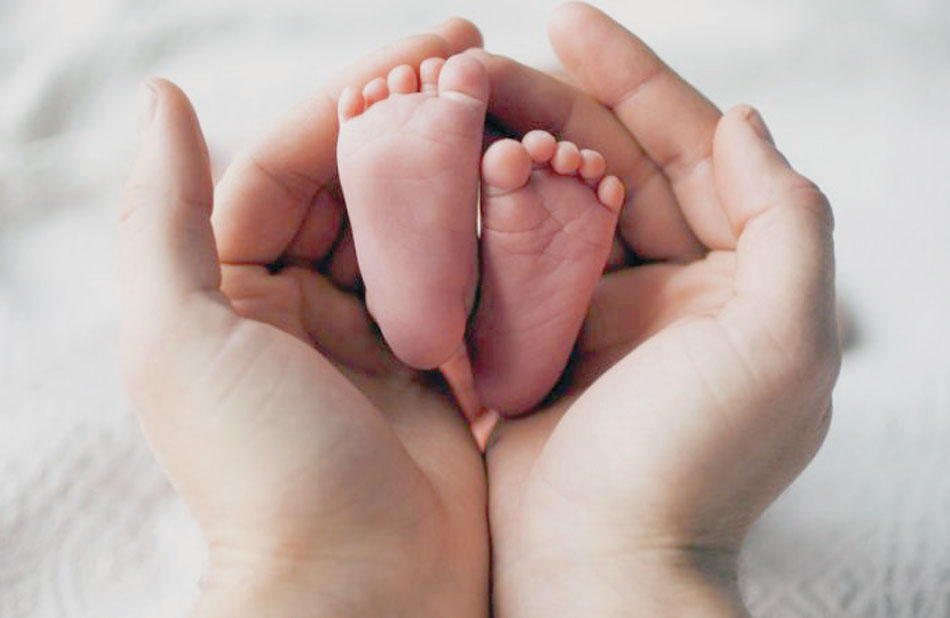

MUSCAT, Feb 17 - One out of five couples is facing difficulty in conceiving, according to in-vitro fertilisation (IVF) experts. The fertility rate has declined to 3.3 births per woman in recent years as against 8.6 births per woman in 1988, a more than 50 per cent decline in 20 years, they said. Careers and late marriages are reasons of infertility, which leads to delayed pregnancies. Secondly, sedentary lifestyle, obesity and consumption of tobacco are said to have impacted reproductive rates across the world. “Infertility rates among both males and females in the region are on the rise,” said Prof Dr Human M Fatemi, reproductive medicine specialist who introduced the most sophisticated Assisted Reproductive Technologies (ART) in the GCC.
“In the Sultanate, the case is no different. Delayed pregnancies and impotence are on the rise,” said Dr Fatemi, who is a consultant in reproductive endocrinology and infertility. “Comprehending the process of infertility treatments can be a difficult task for couples and the range of available information on the Internet can be overwhelming. It is important to ensure couples understand the process in a simplified manner,” said Fatemi.
“Worldwide, millions of couples are facing the issue of infertility and they look forward to having their own families. This has given birth, over the last few years, to IVF technology resulting in a notable IVF baby boom,” said Dr Francisco Ruiz, Specialist IVF/ Reproductive Endocrinology.
This science, he said, has helped realise the dream of many couples.
More than eight million babies were born as a result of IVF and other advanced fertility treatments across the world, an international committee monitoring progress in assisted reproduction has found.
IVF is the process of fertilisation by extracting eggs, retrieving a sperm sample, and then manually combining an egg and sperm in the laboratory.
“The science of IVF has advanced substantially in the last few years. Costs are affordable and the advanced processes have delivered results. With an aim to continue this positive momentum, we are celebrating World IVF Day,” said Dr Ruiz, who is also the Medical Director, IVI Middle East Fertility Clinic.
According to specialists, the healthiest age to have babies is between 20 and 35 years. While it is proved that after 35, women’s fertility gradually declines, it is imperative to go for expert consultation.
“This will help identify the cause and address the problem at the right stage. For many childless couples in the region and elsewhere, IVF has come as a ray of hope. This is a rare recognition which is celebrated as IVF World Day,” said Noreen Healy, an IVF expert.
Oman Observer is now on the WhatsApp channel. Click here



